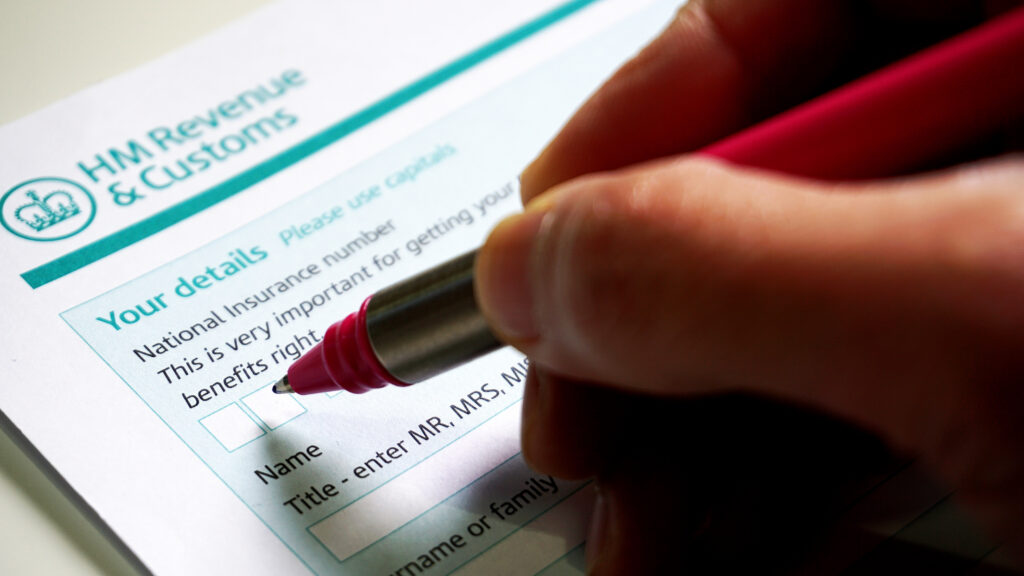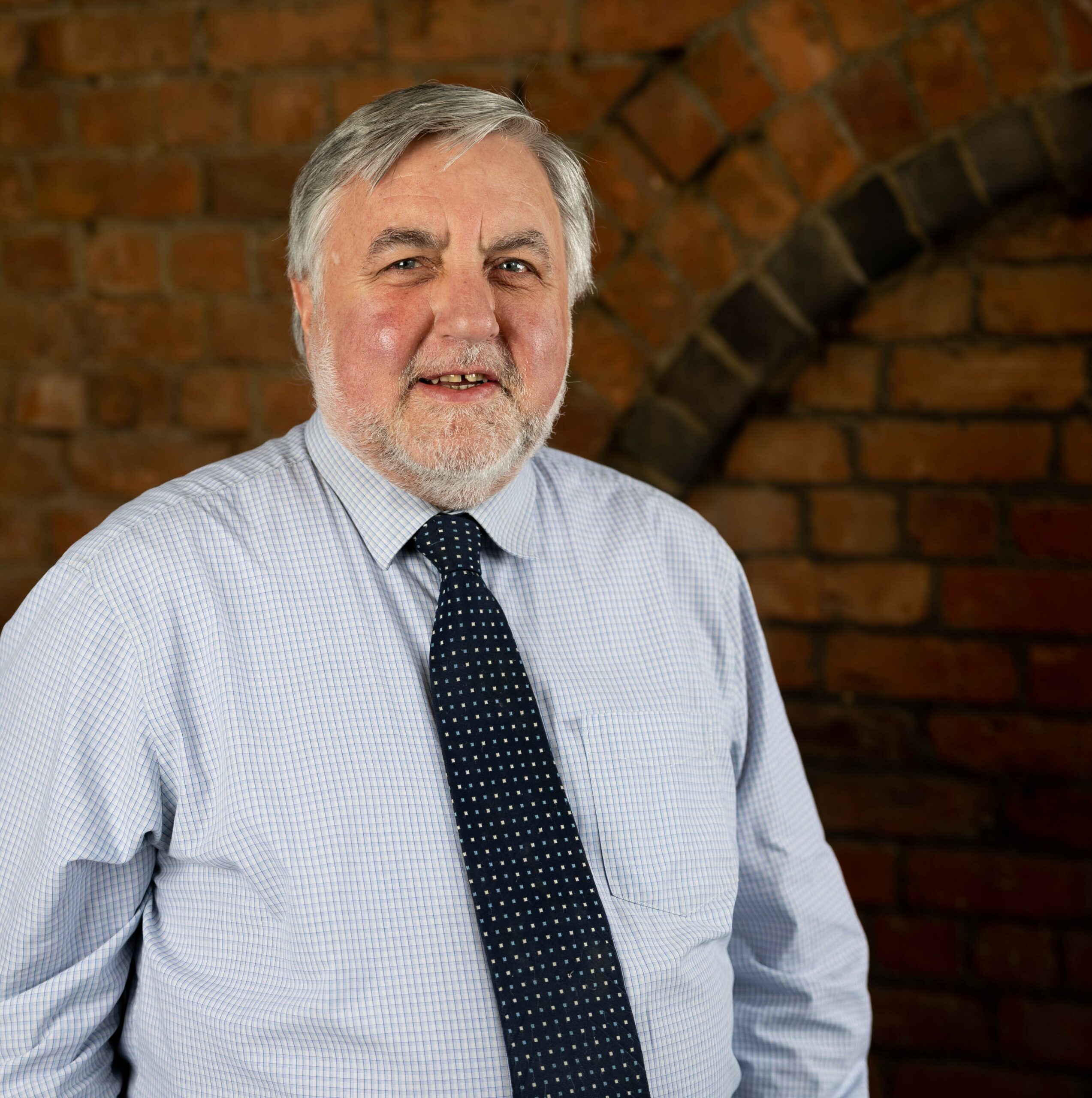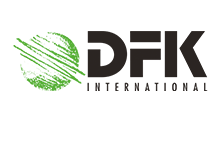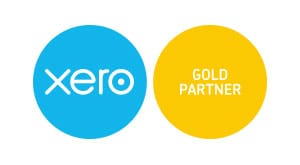With the increase in interest rates, many individuals may have received more bank interest during the tax year ended 5 April 2023 (tax year 2022/23) than in previous years and as a result will need to consider whether they have any tax to pay on this and whether they need to report this to HMRC.
In addition to the Personal Allowance (£12,570 for 2022/23) which is set against general income, there are two further allowances which are set against interest and dividends.
The Personal Savings Allowance (PSA) is a tax free amount that is set against interest received in a tax year. The amount of the PSA depends on your total income in the tax year: if you are a basic rate taxpayer the amount for 2022/23 is £1,000 and for a higher rate taxpayer the amount is £500 (there is no PSA for additional rate taxpayers). If your total interest from all sources is below the PSA you will not have any tax to pay on this interest. If the interest is more than the PSA you will pay tax on the excess over the PSA.
The Dividend Allowance (DA) is a tax free amount of £2,000 for 2022/23 (regardless of total income) that is set against dividends, you only pay tax on your dividends if the total received exceeds £2,000. (This amount is reduced to £1,000 for the current tax year 2023/24.)
You will need to check how much interest and dividends you received to see whether you may be liable to tax and whether you need to complete a Self Assessment tax return.
If you already submit Self-Assessment tax returns these will include details of bank interest and dividends received in the tax year. If, however, you do not complete annual Self-Assessment tax returns you will need to consider whether you need to notify HMRC of your savings income.
One of the criteria for completing a Self Assessment tax return is when your total income from dividends or savings and investments exceeds £10,000. Therefore if the total of your interest plus dividends received in 2022/23 is greater than £10,000, you will need to register for Self Assessment and submit a Self Assessment tax return for 2022/23. There is a deadline for notifying HMRC that you need to complete a tax return and for 2022/23 this is 5 October 2023. Please contact us if you would like us to notify HMRC and register for Self-Assessment on your behalf.
If your total interest and dividends is less than £10,000 you won’t need to register for Self-Assessment, even if your interest exceeds the PSA and/or your dividends exceed the DA. HMRC are automatically notified by the banks of the interest received in the year and once they have processed this information they will issue a “simple assessment” and seek to collect the tax due through your tax code if possible. HMRC do not receive details of dividends, so if your total dividends exceed £2,000 you must notify HMRC, either through your Personal Tax Account (if you have one) or by phoning them. HMRC will then again issue a “simple assessment” to collect the tax due on the dividends.
There are various other criteria which, if you satisfy, mean that you will need to submit a self-assessment tax return. These include:
- Self employed
- Partner in a partnership
- Taxable income of more than £100,000
- Had to pay the High Income Child Benefit charge
- Property income of more than £2,500
If you need any further assistance or advice please contact your usual person at RPG Chartered Accountants on 0161 608 0000 or email info@rpg.co.uk








 Production
Production
